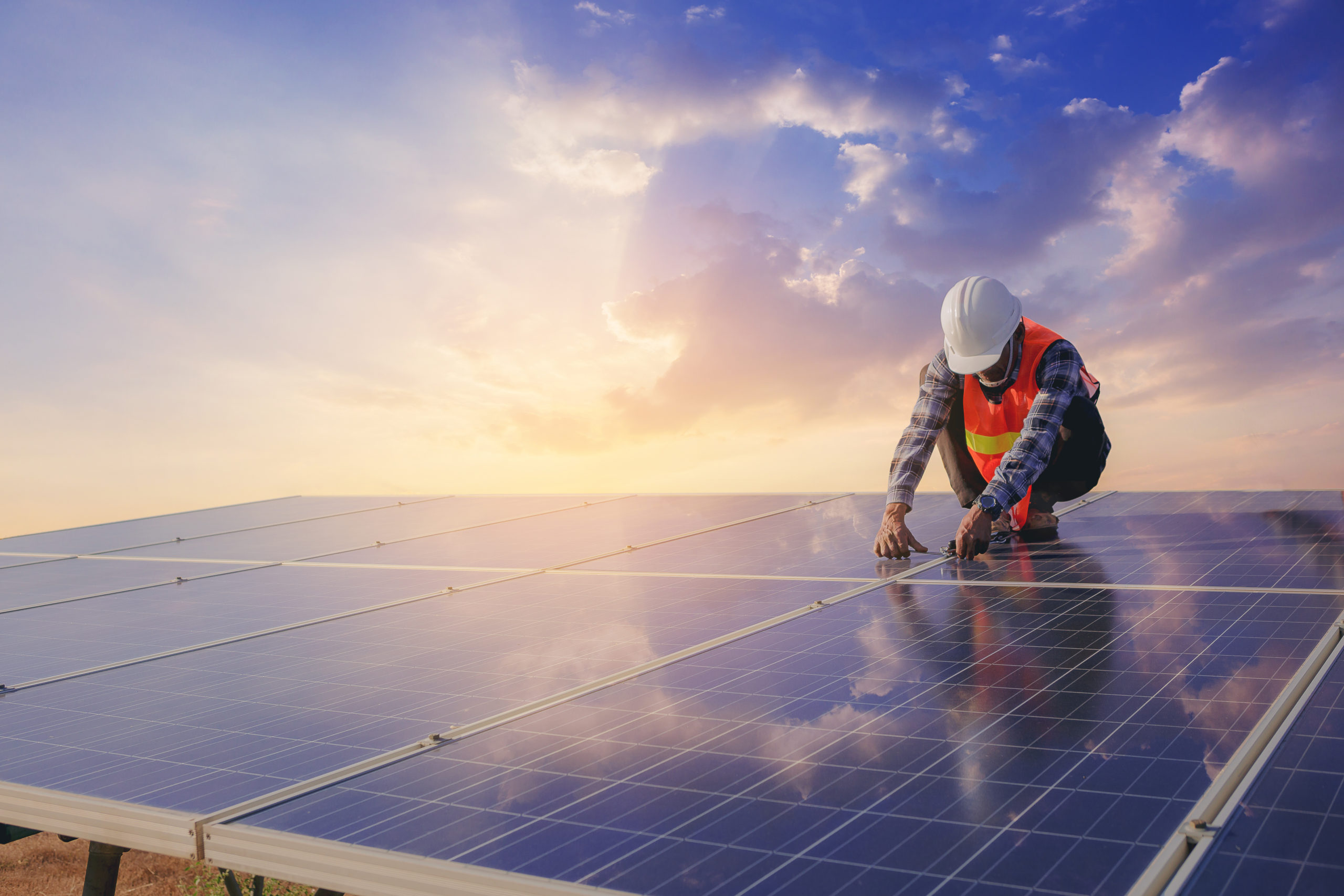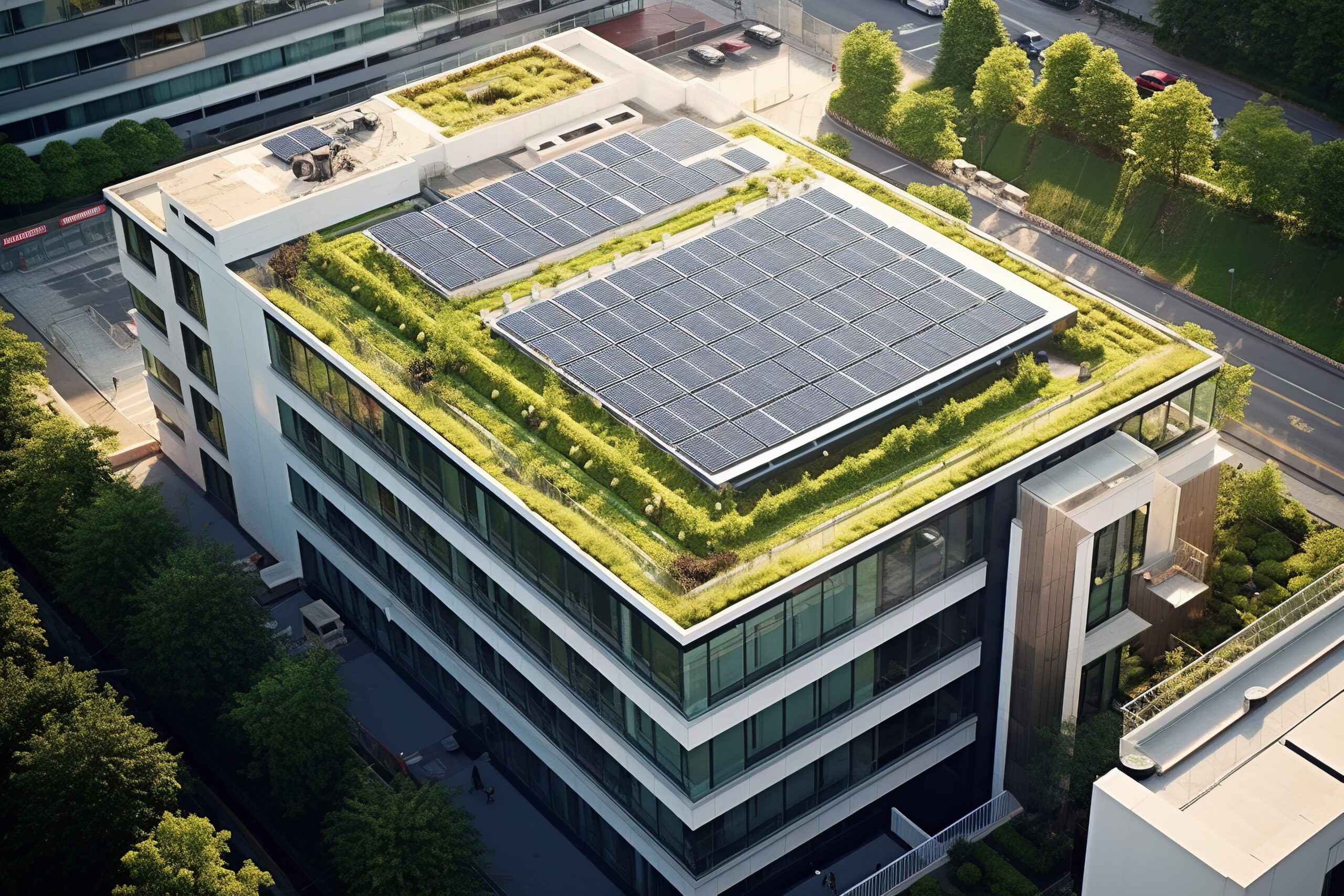
A new momentum for photovoltaics
Public authorities have adopted these past months a series of measures to promote photovoltaic energy in France. In a context of rising gas and electricity prices, these decisions should give a real boost to this renewable energy…
A renewed interest in photovoltaics
“In just a few months, the situation has profoundly changed for photovoltaics. For a long time perceived as ecological but expensive, this energy has become economically competitive,” underlines Richard Loyen, General Delegate of Enerplan, the Union of Solar Energy Professionals. This is due, first of all, to the significant drop in the price of photovoltaic panels, which has been reduced by up to ten times over the past decade. The second factor is the recent spike in energy costs. In 2021, the price of electricity for professionals was around 40 to 50 euros per MW/h. A year later, the rate has soared to over 200 euros per MW/h, with peaks of up to 700 euros per MW/h! As a result, companies are rediscovering the virtues of photovoltaics, which allows them to both consume their own electricity and sell the surplus on the network (electricity produced on weekends, for example).
New measures for solar energy
This new situation is even more favorable to solar energy as the government, even before the conflict in Ukraine, had adopted a series of measures to stimulate its development. The main one concerns the obligation to install photovoltaic panels on all new business buildings – tertiary, workshops, factories – with up to a minimum of 30% of the roof surface. If a company does not wish to invest its own funds, it can entrust the implementation to a specialized operator. The latter will agree on a compensation for the electricity produced and consumed on site and will sell the surplus to the grid.
The second major measure concerns the simplification of the subsidy application procedure for installations from 100 kW/h to 500 kW/h. “Companies only have to apply to connect their photovoltaic installation to the Enedis network to automatically benefit from the tariff incentive framework, explains Richard Loyen. This guarantees the electricity sale price, currently set at 98 euros per MW/h, for up to 1,100 hours.” Companies thus have a reliable basis for calculating the amount of their investment and its amortization.
The third measure in favor of renewable energy in general, and solar energy in particular, is the Éco Énergie Tertiaire[1], which requires all owners or operators of commercial buildings to reduce their energy consumption significantly in the medium term: -40% by 2030, -50% by 2040, and -60% by 2050. Many technical solutions can contribute to this, such as insulation or the installation of presence detectors, but it is clear that the installation of photovoltaic panels is now a complementary solution. The government’s objective is to ensure that this energy, which currently represents 3% of the French energy mix, reaches 6% by 2028[2].
[1] Decree No. 2019-771 of July 23, 2019, on obligations for actions to reduce final energy consumption in buildings for tertiary use (in French)
[2] Multi-year energy programming (in French)

